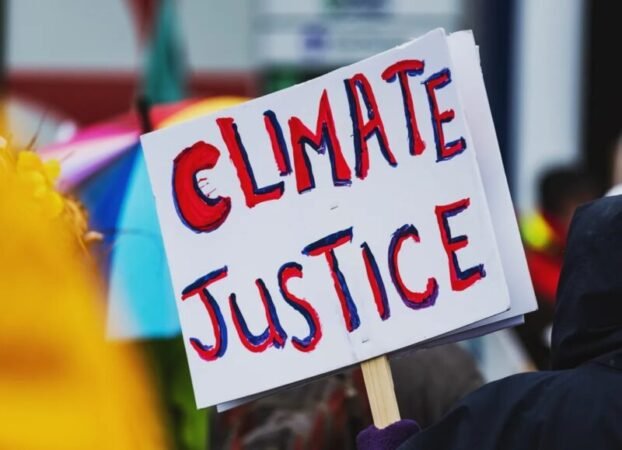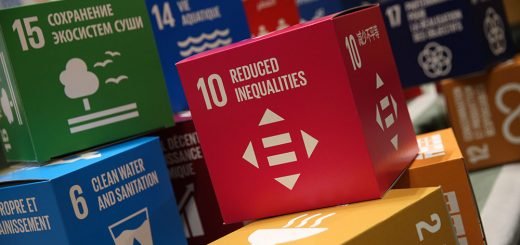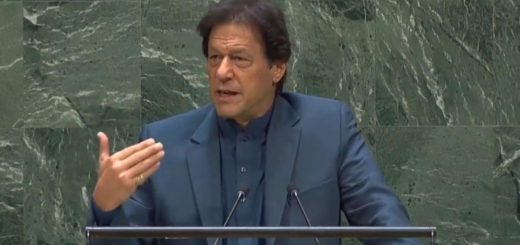UN adopts historic climate resolution to define global legal obligations on climate change

Vanuatu, a Pacific island nation, has successfully passed a resolution at the United Nations General Assembly requesting the International Court of Justice (ICJ) to outline the obligations of nations for safeguarding the planet’s climate and the consequences they may face if they don’t comply. The resolution, which was ultimately co-sponsored by more than 130 member states, had been widely anticipated to be approved. Its adoption sends a message that the international community is prepared to work together to confront the defining challenge of our times, climate change.
The resolution seeks to clarify the “obligations of states under international law to ensure the protection of the climate system.” The government of Vanuatu, which began advocating for the resolution in 2021, lobbied for the climate resolution after a campaign initiated by a group of students from a university in Fiji in 2019. Despite being non-binding, the UN Secretary-General Antonio Guterres, believes that an opinion from the International Court of Justice would “assist the General Assembly, the UN and member states to take the bolder and stronger climate action that our world so desperately needs.”
Vanuatu’s Prime Minister Ishmael Kalsakau hailed the adoption of the resolution as “a loud and clear message not only around the world, but far into the future,” emphasizing that the world body had “decided to leave aside differences and work together to tackle the defining challenge of our times, climate change.” Kalsakau’s archipelago nation was ravaged by two cyclones over the course of just a few days.
The ICJ is expected to issue its opinion on the matter in approximately two years. Although ICJ opinions are not legally binding, they carry significant legal and moral weight and are often taken into account by national courts. The resolution asks the ICJ to clarify the “legal consequences” for states that “have caused significant harm to the climate system and other parts of the environment,” as well as obligations to “small island developing States,” which are “particularly vulnerable” to climate change, and obligations to future generations.
Vanuatu and its supporters hope that the forthcoming ICJ opinion will encourage governments to accelerate their action, either of their own volition or because of legal recourse. The resolution centers on human rights and intergenerational equity when addressing climate change, which have been absent from much of the dominant discourse. The resolution has been described as the “most important global move since the Paris Agreement” and is seen as an “incredibly important next step,” particularly for guidance for “lawsuits being brought in courts around the world.”


















